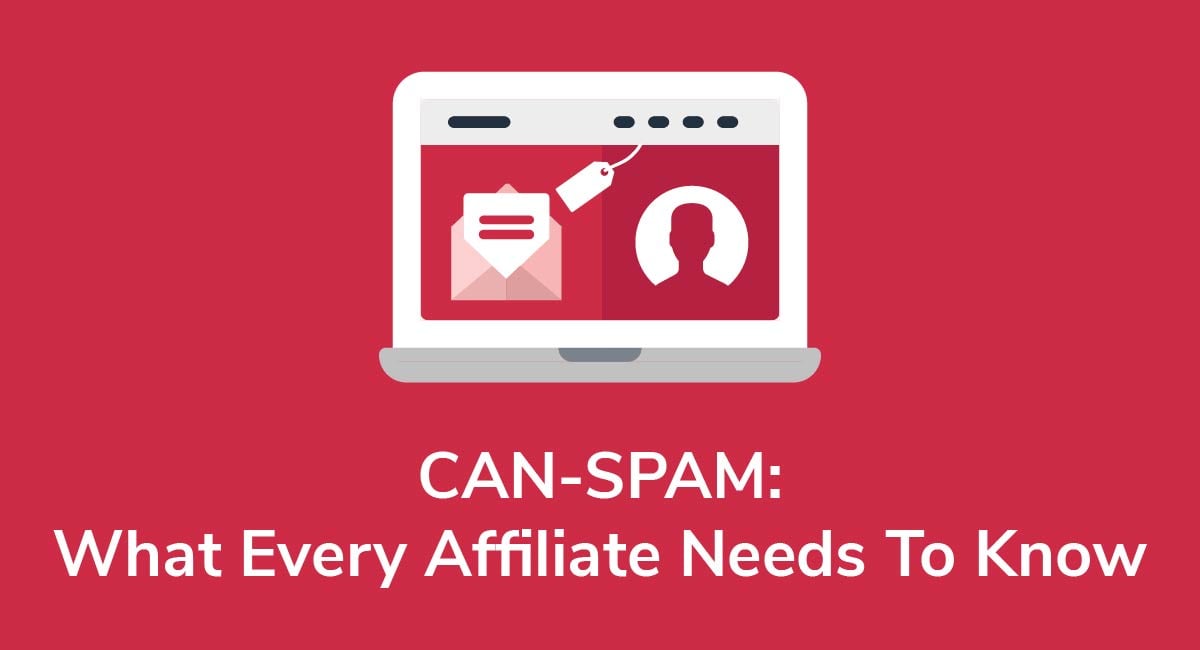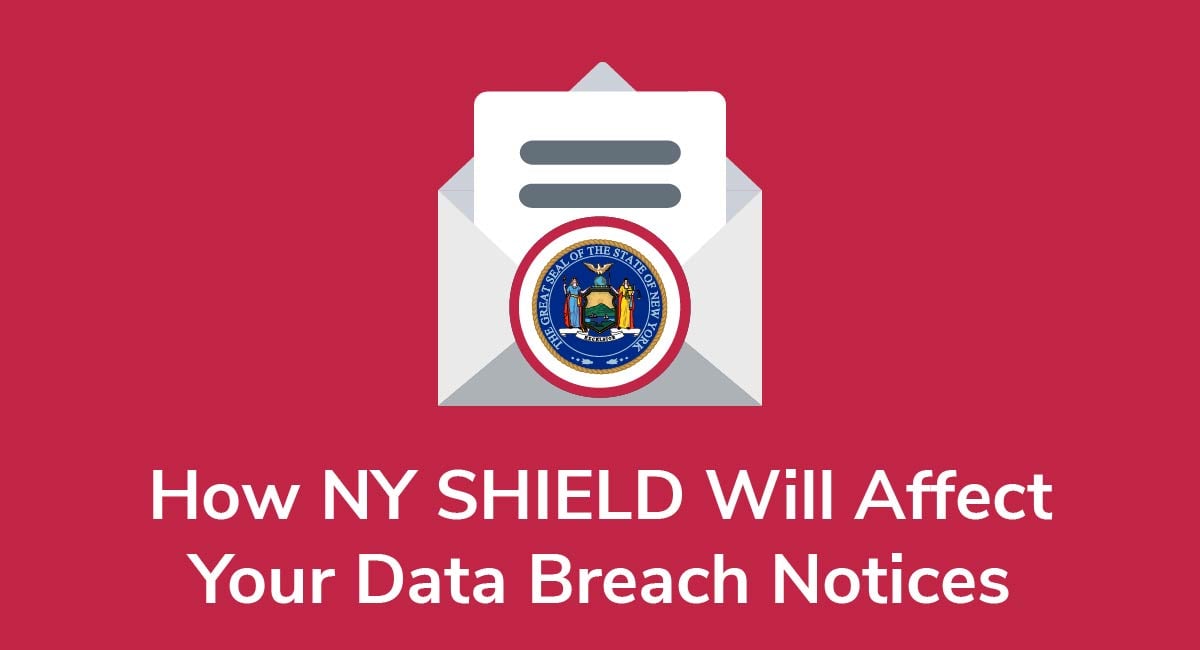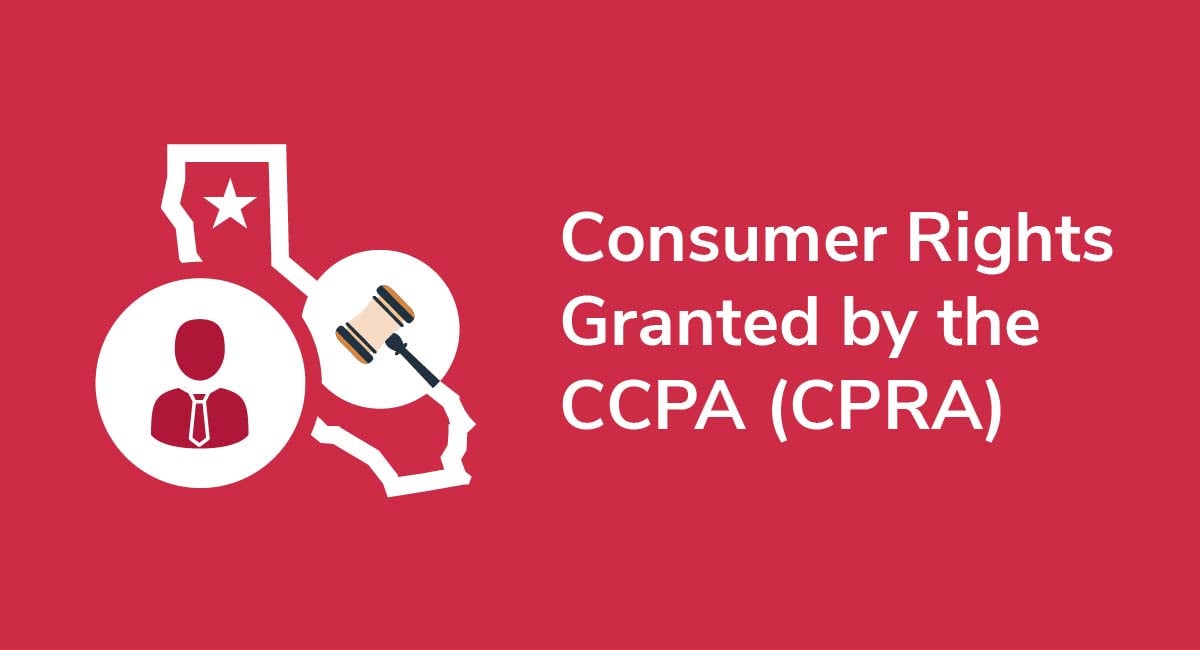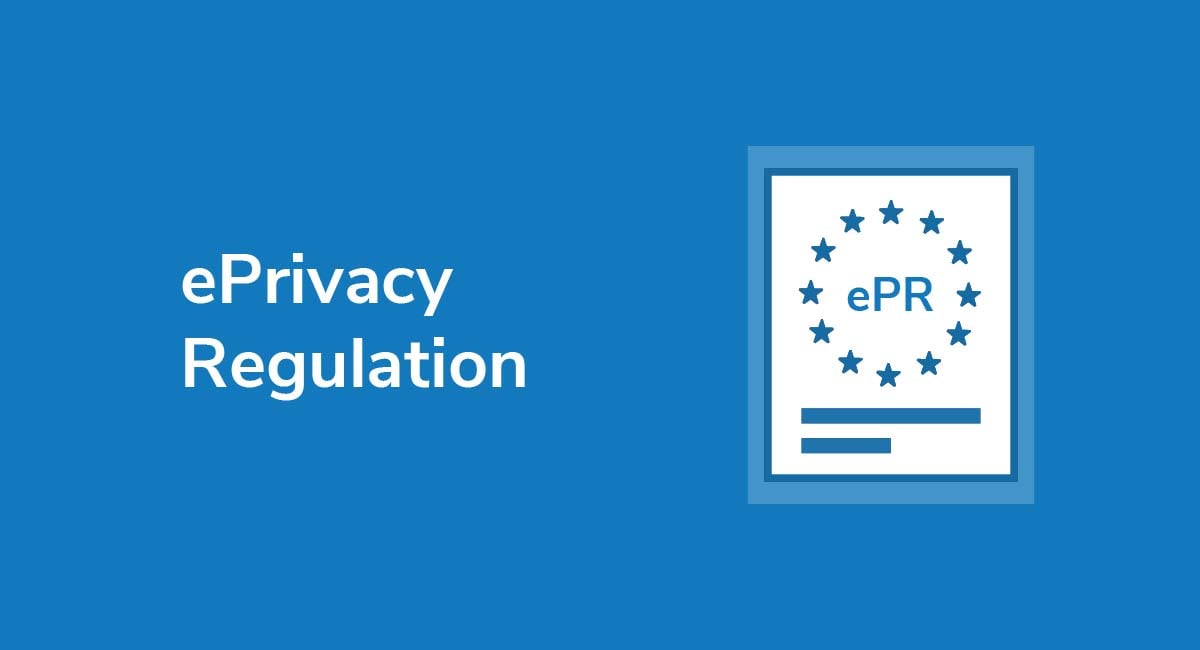CAN-SPAM: What Every Affiliate Needs To Know

Advertising is nothing new. The Ancient Egyptians invented outdoor advertising, displaying their messages in steel, and the first print ad came not long after the printing press was invented.
But the internet age has made it so much easier to get your message in front of millions of people at the push of a button - whether they're interested or not.
As much as everyone hates spam, it works. That's why unscrupulous marketers keep using it: "If a spammer couldn't get paid, they wouldn't be in business," says Michael O'Reirdan, Chairman of the Messaging Anti-Abuse Working Group.
And that's also why the US Congress enacted the CAN-SPAM Act in 2003 to cut down on unsolicited electronic junk mail.
The name "CAN-SPAM" isn't just a cute reference to canned spam; it's also an acronym standing for Controlling the Assault of Non-Solicited Pornography And Marketing. The law, enforced by the Federal Trade Commission (FTC), puts forth several rules for sending commercial emails, including using clear and honest subject lines, telling recipients how to opt-out of future emails, and including your physical location in the email itself.
If you send commercial emails of any kind, the CAN-SPAM Act applies to you.
And if you're in violation, you could be reported to the FTC and face fines of up to $16,000 for each separate email sent!
And, before the government gets involved, you can expect to have problems with everybody from your web hosting company to your domain registrar's abuse department.
While affiliate marketing is one of the most popular and efficient ways of making money online, it comes with its own unique set of risks, one of which is compliance with the CAN-SPAM Act. Affiliate marketers must be especially careful because their whole livelihood is at risk from this law.
Are your emails in compliance, or are you in danger of losing your money-making email list and paying huge fines?
Check out our guide below to find out.
The Affiliate Marketer's Guide to CAN-SPAM Compliance
No one likes spam email, and yet every day the average inbox fills up with unsolicited offers of all kinds. In an attempt to curtail this e-deluge, Congress implemented an act of which marketers should be aware of - or else they could be facing a costly series of fines.
What is the CAN-SPAM Act?
- Congress enacted the Controlling the Assault of Non-Solicited Pornography and Marketing Act in 2003 to cut down on unsolicited commercial email.
- Controlling the Assault of Non-Solicited Pornography and Marketing Act:
- Note that the act does not only apply to bulk email - it covers all commercial messages.
- The law defines these as "any electronic mail message the primary purpose of which is the commercial advertisement or promotion of a commercial product or service."
- This includes email that promotes content on commercial websites.
- Also note that CAN-SPAM does not make exceptions for B2B email.
- That means that all emails - for example, announcing a new product line to former customers - must comply with the law.
- While the act does not prevent marketers from sending out commercial emails, CAN-SPAM does have a series of requirements marketers need to follow in order to be in compliance with the act.
CAN-SPAM Guidelines for Affiliate Marketers
Using email to promote affiliate offers is an effective way of marketing, but marketers need to ensure the emails comply with the law.
- Don't use misleading or deceptive headers.
- Who the email is from, who it's addressed to, and its routing information must be accurate.
- Readers need to be able to identify the business or person who sent the message.
- Subject lines must be accurate.
- Identify the message as an ad.
- CAN-SPAM is open on how to identify these emails.
- All commercial emails must clearly show that they are an advertisement or related to an affiliate offer.
- Recipients need to know where the sender is located.
- Commercial emails must contain a physical postal address.
- Recipients need to know how to opt out of receiving further emails.
- Each commercial email needs to tell the reader how to opt out of further emails from the sender.
- Honor opt-out requests promptly.
- Marketers must honor these requests within 10 business days of having received them.
- Marketers cannot:
- Charge a fee
- Require a recipient to give any identification information besides an email address
- Require the recipient to take any other step besides sending a reply email or visiting a single web page as a condition for honoring an opt-out request.
- Once people have responded and said they don't want to receive any more messages from a marketer, that marketer cannot sell or transfer their email addresses even in the form of a mailing list.
- The only exception to this rule is that companies may transfer these email addresses to a company they've hired to help them comply with the CAN-SPAM Act.
- Companies must be aware of what others are doing on their behalf.
- They are responsible for CAN-SPAM violations made by a company they've hired to handle their email marketing.
- People cannot contract away responsibility for complying with CAN-SPAM.
- Those who write emails on behalf of another company should be aware of their responsibilities towards them.
- Both the company whose product or service is promoted in the email - as well as the company that actually sent the message - can be held legally responsible for violations.
- They are responsible for CAN-SPAM violations made by a company they've hired to handle their email marketing.
Penalties for Violating the CAN-SPAM Act
- Up to $16,000 in fines for each separate email.
- More than one person can be held responsible for these violations.
- Emails that make misleading claims can also be subject to laws outlawing deceptive advertising.
The CAN-SPAM Act also includes aggravated violations with additional fines. The law provides criminal penalties, including imprisonment, for:
- Accessing someone else's computer to send spam without their permission
- Using false information to register for multiple email accounts or domain names
- Relaying or retransmitting multiple spam messages through a computer to mislead others about the origin of the message
- Harvesting email addresses or generating them with a dictionary attack (where scammers type in numbers and letters in the hopes of stumbling upon a legitimate email address)
- Taking advantage of open relays or open proxies without permission
- An open proxy is a proxy server that will accept any IP address and connect it to any Internet resource.
- Abusing open proxies is a favorite tactic of spammers.
What about other kinds of email?
Important note: Not every email sent out by a company is considered "commercial."
CAN-SPAM's guidelines only apply to those messages whose primary purpose is "commercial advertisement or promotion of a product or service," as defined by the law.
According to the CAN-SPAM guidelines, there are three kinds of email messages:
- Commercial:
- Messages whose main purpose is the promotion of or an advertisement for your business.
- They must comply with CAN-SPAM.
- Transactional:
- Emails a customer would expect after having concluded a transaction with you, such as a receipt or a confirmation email.
- These are exempt from CAN-SPAM.
- Other:
- All other forms of one-to-one communication via email.
- Exempt from CAN-SPAM.
Sources
- E-mail Marketing: CANSPAM Act Compliance (pdf)
- CAN-SPAM Act: A Compliance Guide for Business
- Email Privacy and CAN SPAM Laws to Be Aware Of
- Affiliate Marketing How-To: Complying with the CAN-SPAM act
- CAN-SPAM Laws for Affiliate Marketers
- Proxy Abuse
- Are Your Email Practices Abiding with CAN-SPAM?
- PUBLIC LAW 108-187-DEC. 16, 2003 (pdf)



